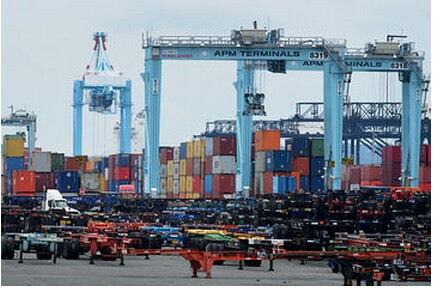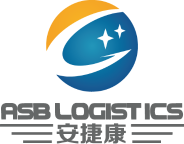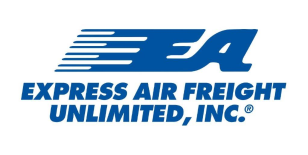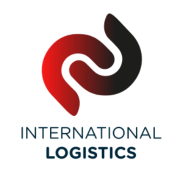Time:2016-02-23 Publisher:glafamily Num:9828

A surprise walkout by longshoremen at the Port of New York and New Jersey may leave retail shippers wondering about the future of labor relations at the East Coast’s largest port. Operations are supposed to return to normal on Monday after emergency negotiations ended a walkout on Friday by members of the International Longshoremen’s Association, the WSJ’s Robbie Whelan reports. The job action stemmed from the union’s long-running enmity for the Waterfront Commission, the anti-corruption panel that watches over hiring at the port. With talks toward a new labor contract on the horizon, East Coast ports have been sending signals of labor peace as a contrast to last year’s West Coast problems. Shippers won’t buy that easily after Friday’s shutdown.
Just what does Amazon.com Inc. think it is selling? For the first time ever, the e-commerce giant refers to itself as a “transportation service provider,” the WSJ’s Greg Bensinger reports, and in a securities filing said it faces competition from companies “that provide fulfillment and logistics services for themselves or for third parties.”That’s the most explicit message yet that Amazon is building up its shipping capabilities—including buying trucks, testing airline operations and registering as a freight forwarder—for business beyond its own online sales. Amazon spent nearly $4.2 billion on shipping last year, and that accounted for 12.5% of the cost of sales. Offering logistics services to other companies would bring Amazon new revenue but it also would help the company quickly add scale to its distribution operations, driving down unit shipping costs. And that’s a calculation typically made by transportation providers.
Iran’s biggest shipping line is moving quickly to take a place in global shipping trade lanes. Islamic Republic of Iran Shipping Lines hopes to start bi-weekly service connecting India, Iran and Europe this month, the WSJ’s Costas Paris reports. The carrier has a new space-sharing agreement in place with French container line CMA CGM, one of many ties Iran’s transport operators are forging with the West under a nuclear pact. For now, IRISL is sailing into a tough shipping market. But the moves are likely to have an impact across Middle Eastern and Mediterranean trade lanes over the longer term. And by linking up with Western companies, the carrier is trying to extend its reach beyond the immediate region efficiently and, most important, rapidly.





